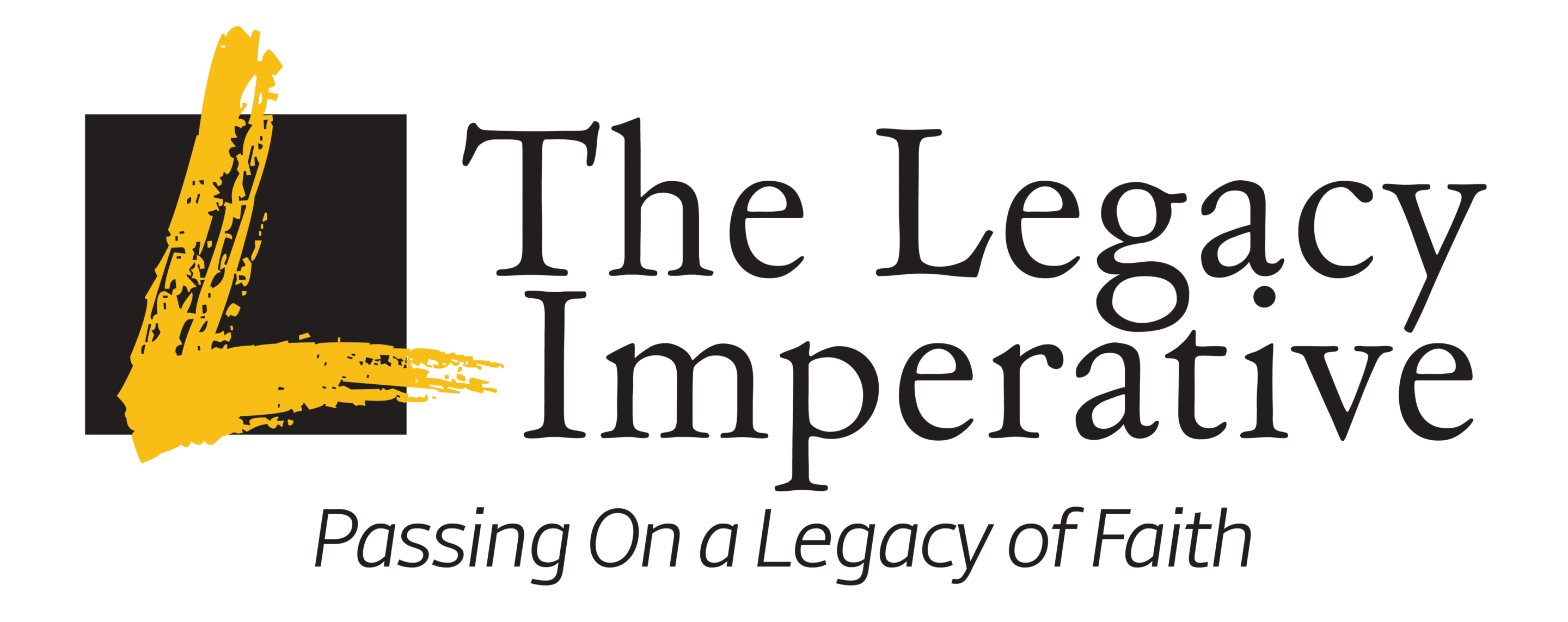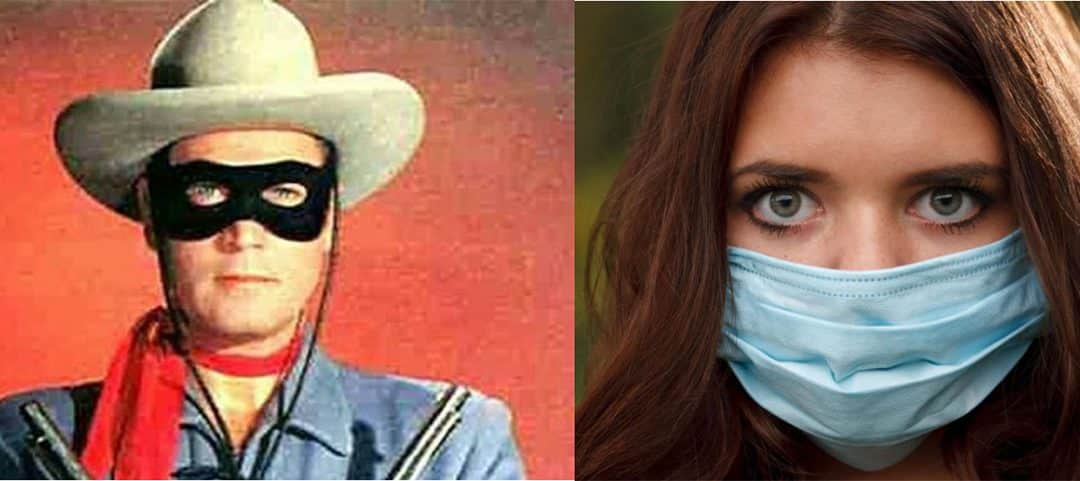Who is that Masked Man?
In spite of what the experts say, masks are dangerous to your health.
We will remember this COVID 19 pandemic as the season of masks. Hopefully, wearing them has helped. But, like too many things in this age of polarization, masks have sparked controversy. Some refuse to wear them in the name of freedom. Macho types figure that masks are for wussies. On the other hand, mask crusaders lambaste those who go forth barefaced. Others sport designer masks as a fashion statement. During the past two weeks, protesters didn’t practice social distancing, but most wore masks. Rioters and looters wore masks for the same reason criminals do. Antifa thugs wore them because they’re cowards.
The Psychology of Masks
All this got me to thinking about the psychology of mask-wearing. Boomers recall The Lone Ranger. When this western hero rode into town wearing a mask, most folks figured he was an outlaw. But he and his sidekick Tonto always foiled the bad guys and brought peace and justice to the Old West. As each week’s episode ended, someone invariably asked, “Who was that masked man?” Masks hide our face and therefore our identity. And that’s the problem with masks. You don’t know who’s hiding behind them. Is it a peaceful protestor, rioter, looter, or Antifa anarchist?
Yet, you don’t have to wear a mask to wear a mask. Jesus talks about that when he condemns the hypocrite. The word comes from the ancient Greek theater. Actors were called hypocrités. The word literally means mask-wearers. Hidden on stage were various characters’ faces painted on wood masks on sticks. Whenever the actor changed parts, he would put the mask of that character over his face.
Nearby Nazareth was a theater town where Greek plays were staged. Perhaps, Joseph the carpenter went there to build props or repair stages or scenery. Could it be that little Jesus tagged along? Did he watch some of those theatrical dramas? Perhaps there it occurred to the carpenter’s stepson that people were often like actors [or hypocrités] on the stage of life.
Actors in Hollywood and on Broadway get insane amounts of money to play people they aren’t. Good actors can turned themselves into almost any character—from villains to heroes to monsters to saints. Actors play to the crowd. They live for applause. They are intoxicated by affirmation, and will do almost anything to get good reviews. Above all, they live in fear of what the critics will say about their performance. As I learned, from years of ministering to Hollywood and New York celebrities, many continue to project a variety of images even when they are no longer before the camera or after the final curtain call has ended.
We Are All Actors on the Stage
But, as Jesus warned, most of the rest of us play out roles for the approval and applause of our own audiences. Like those ancient actors, we have a stockpile of masks for the parts we feel compelled to portray. From earliest childhood, we learned from our parents it wasn’t socially proper to express feelings or opinions that might hurt or offend others. We were carefully taught how to wear the deceptive masks required by social etiquette: little lies, false flatteries, plastic smiles, insincere agreement, and feigned interest when we are bored out of our skulls.
In church, we learn the art of putting on religious masks: the plaster face of the saint that hides the heart of the sinner; pious words that sugarcoat gossip and slander; spiritual platitudes that mask indifference to the wounds of hurting people; the façade of the holy crusader that hides a self-righteous, judgmental, bigoted spirit; or even the masquerade of tolerance that is a cover-up for cowardice, coldness or lack of concern for those on the road to hell.
Some of us have been hurt too many times to feel safe with being transparent. We have created masks to protect our fragile psyches. We are petrified of letting others see our real face, discover our secret fears, or touch our wounded heart. Some of us have fled from the glaring spotlight of the stage to hide in darkness behind the curtains. Others of us love to perform for the affirmation we never got as children. We become the man or woman of a thousand faces, able to change at a moment’s notice. Politicians are too often the masters of the disguise; quick-change artists who have perfected the art of the bait-and-switch. The devil masquerades as an angel of light, and so do those who do his bidding. Nothing impersonates truth better than falsehood. The gullible are forever conned by masters of the charade.
The Danger of the Mask
We all wear masks. Most of us have a closetful of them. Yet here’s the danger: in deceiving others, we inevitably deceive ourselves. We can wear the mask so long that it becomes our real face. And no one is more vulnerable to self-deception than the religious person. Maybe that’s why, when Jesus spoke about hypocrisy, it was always directed at religious folk—especially the clergy.
There is another danger for the Evangelical mask-wearer. Though our children and grandchildren also have a closetful of their own masks, Millennials and Gen Zs are increasingly attracted to transparency and vulnerability. These next generations hate fake and abhor hype—that which is slick, smooth, and manipulative. This is the age of “real” unvarnished, unrehearsed, raw video authenticity.
Do you want to connect with the young folks in your life? Start by taking off your masks. Be honest with your feelings. Allow them to be brutally frank with theirs—even if their views offend you. Show your emotions, and let them express theirs—even if it comes out in raw language or rage. If they aren’t free to be themselves, they will either disappear or put on whatever mask they think will get you off their back. What good will that do you or them if they trick you into false complacency, while continuing on their way to an eternity lost?
Today we are wearing masks to protect ourselves from catching a dangerous virus. Wear those masks for your own good and the well-being of others. But take off the other masks. You just might save your life—and that of those who are more precious to you!
Dr. Bob Petterson
Legacy Imperative

